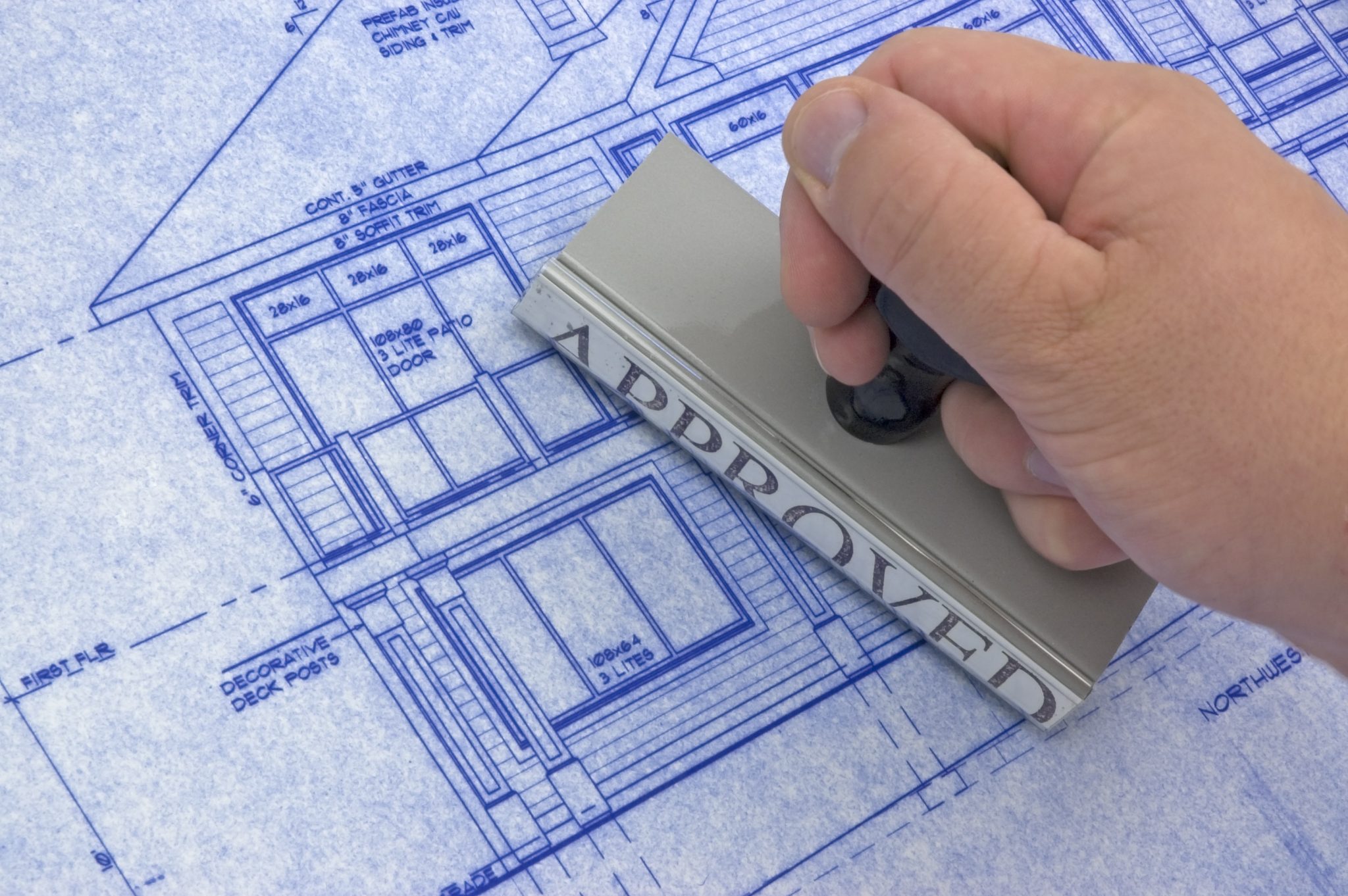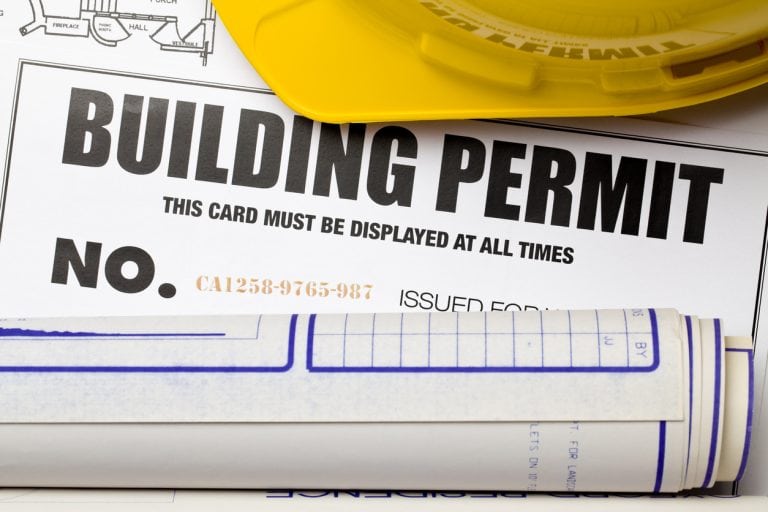
Many home repairs do not require a permit, yet like clockwork, this time of year in late Spring, our phones start ringing with questions about when a permit is needed. From contractors to home owners and even house flippers, here are a few questions that we have answered.
- “We are widening our bathroom doors and upgrading our shower so my father’s wheelchair can pass through, do we need a building permit?”
- “Is a permit required for changing floors to hardwood and marble?”
- “After the last flood, we cut our sheetrock 4ft high, do we need a permit to install new sheetrock?”
- “Is a permit required to move the location of the entrance door to our apartment garage?”
- “I’m a veteran and senior citizen, do I have to pay for a building permit?”
Remodels, major repairs, renovations, additions and other types of projects are big business across the U.S. in the residential market. Most contractors are primarily focused on starting a project, doing great work and having the opportunity to grow their business. The thought of going to the permitting center is frustrating, and when at the jurisdiction, the experience is draining and exhaustive for many contractors.
To assist residential contractors as well as homeowners in making sure projects are safe and permitted if needed, below is a general guide to use.
- Structural changes involving moving load-bearing walls
- Creating new and altering doors
- Altering the footprint of house
- Changes to the roof structure
- Install new electrical wiring
- Adding new window openings including replacing windows where structure is altered
- Major bathroom upgrades involving moving plumbing, widening doors and ADA related changes
There are many more home repair and renovation projects that can be highlighted and visiting the correct jurisdiction’s web site for additional information is wise. Information obtained can insure you are on the right track with permitting.
When do you typically not require a building permit for residential project? The list below shows as a general rule-of-thumb.
- Replacing sheetrock and base boards
- Installing new floors
- Installing new windows
- Changing out countertops
- Refreshing house i.e. painting, fixing holes in walls, replacing bricks on inside chimney
- Changing out faucets, toilets and sinks
As a contractor, it is your professional responsibility to let your customer – the home owner – know you have pulled the proper permits required for a specific scope of work. Doing so helps make sure construction is being done in a safe manner and in accordance to jurisdictional building code requirements. This also minimizes liability on your end and added costs for the home owner.
In Conclusion
The residential market in North Carolina, Texas, Florida and other severe storm impacted states will continue to create opportunities for growth for contractors. This along with heading into the regular home repair and maintenance season – late Spring and Summer months – creates a busy work environment where pulling permits can add more stress. When reviewing the scopes of work, consider the when to permit points above and visit the appropriate jurisdiction web site. If you have any questions on residential permits, call the PermitUsNow team at 1.844.PERMIT.4. #BuildSafe.






